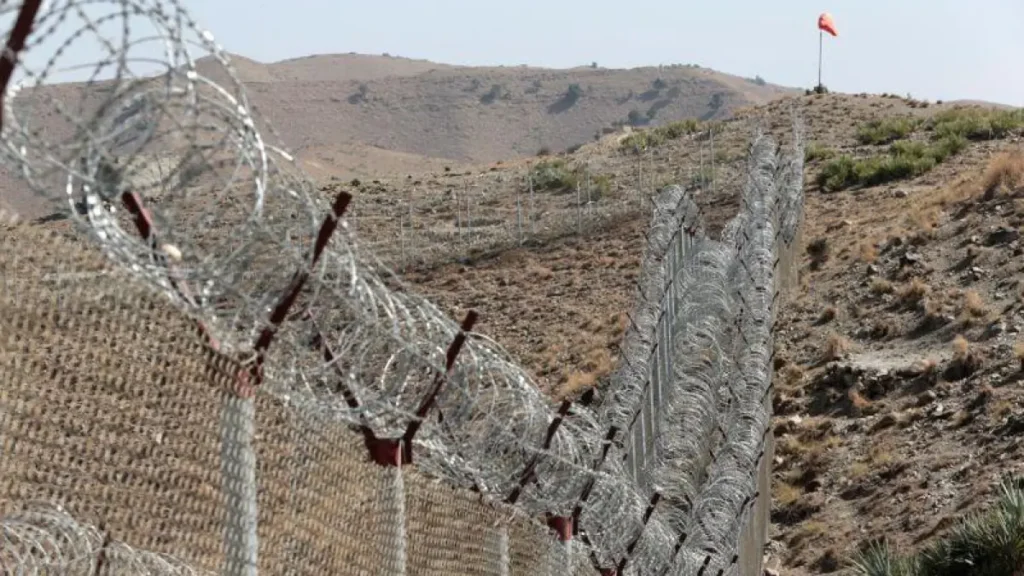Pakistan’s security challenges, particularly the presence of sanctuaries for extremist groups in a neighboring country, require immediate attention. Regional cooperation, in alignment with the commitments outlined in the Doha agreement, is crucial to combat cross-border terrorism effectively. Simultaneously, Pakistan’s efforts to revive the economy and enhance national security through comprehensive plans such as the SIFC deserve support and appreciation. By addressing security concerns and fostering regional cooperation, Pakistan can strive towards a more secure and prosperous future.

courtesy google for picture
The recent Corps Commanders’ Conference held at the General Headquarters in Rawalpindi shed light on the pressing security concerns faced by Pakistan. Among the key issues discussed was the presence of sanctuaries for the banned Tehreek-i-Taliban Pakistan (TTP) in a neighboring country, which has significantly impacted Pakistan’s security. This is not the first time such concerns have been raised, indicating the urgency of addressing this critical issue.
It is crucial to recognize and appreciate the sacrifices made by Pakistani soldiers who valiantly defend their motherland against the menace of terrorism. Their bravery and dedication deserve the utmost respect and admiration. Furthermore, the conference underscored the importance of maintaining operational preparedness and continuous training to safeguard national security. Objective training was identified as a key aspect of professionalism within the army, enabling Pakistan to effectively respond to any potential threats.
This is not just a matter of bilateral concern; it has broader implications for regional security and stability. Pakistan has repeatedly voiced its concerns over the use of Afghan soil by militants for cross-border terrorism. With the recent uptick in terror activities, particularly in Khyber Pakhtunkhwa and Balochistan, it is crucial for regional stakeholders to collaborate in countering this common threat. The Doha agreement signed between the US and Afghan Taliban in 2020, which aimed to bring an end to the war in Afghanistan, should serve as a foundation for regional cooperation against terrorism.
Additionally, the Corps Commanders’ Conference also discussed Pakistan’s economic revival plan, the Special Investment Facilitation Council (SIFC). The military leadership was briefed on the role of the army in uplifting various sectors, including agriculture, IT, mining, and defense production. This comprehensive approach highlights the commitment of the government and the military to promote economic growth and improve the livelihoods of the people.
The Doha agreement included commitments from the Afghan Taliban to prevent militant groups, including al Qaeda, from using Afghan territory to pose a threat to the US and its allies. As the situation in Afghanistan evolves, it is essential that the interim Afghan government fulfills its obligations to curb terrorist activities and maintain regional peace. The stability of Afghanistan and the entire region is intertwined, and Afghanistan must strive to become a hub of regional trade and prosperity by ensuring peace and stability within its borders.
In response to Pakistan’s concerns, the Taliban spokesperson in Qatar, Suhail Shaheen, assured that Afghanistan is committed to not allowing its soil to be used against any country. However, actions on the ground must align with these assurances. It is essential for all stakeholders to closely monitor and address any instances of cross-border terrorism promptly, fostering an environment of trust and cooperation in the region.

